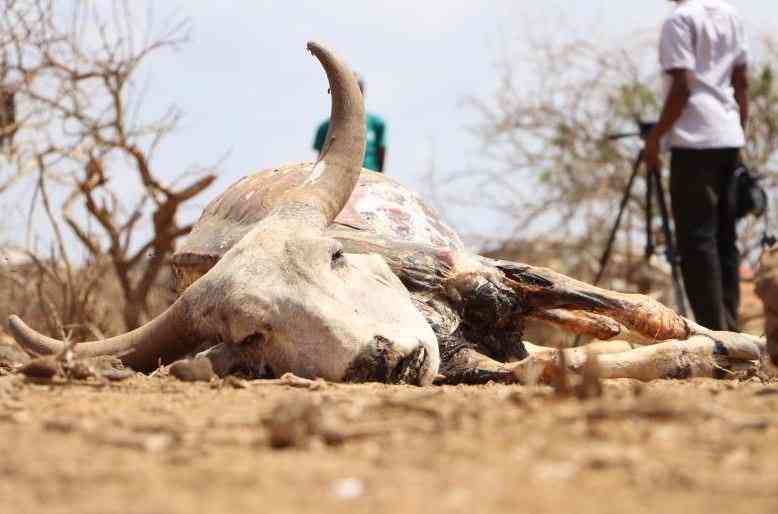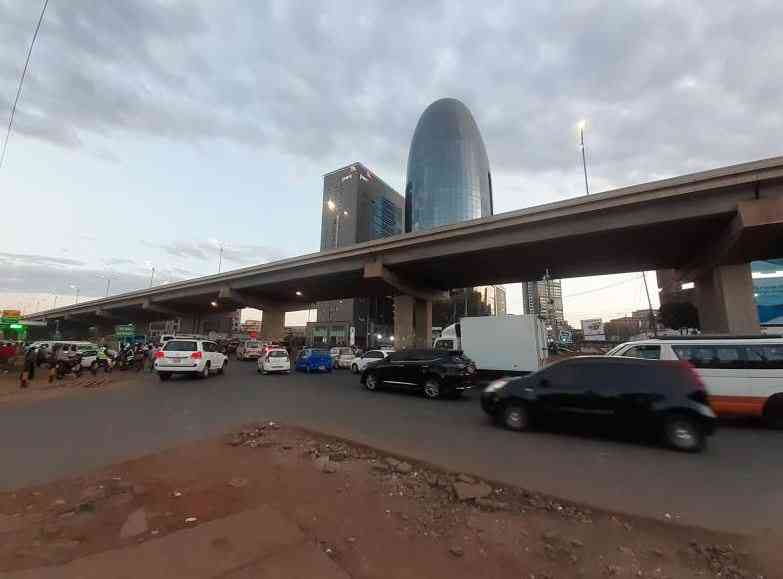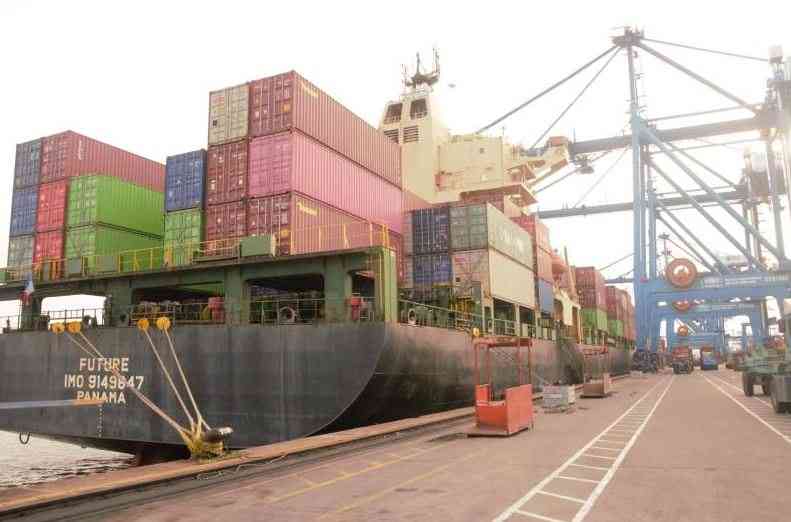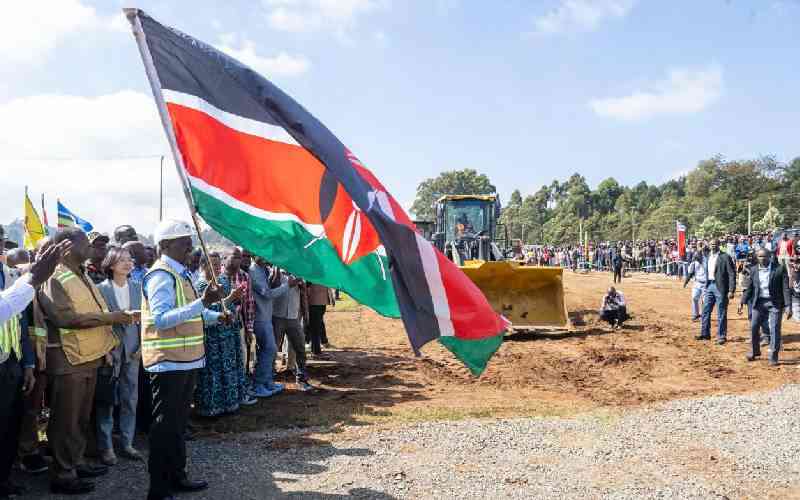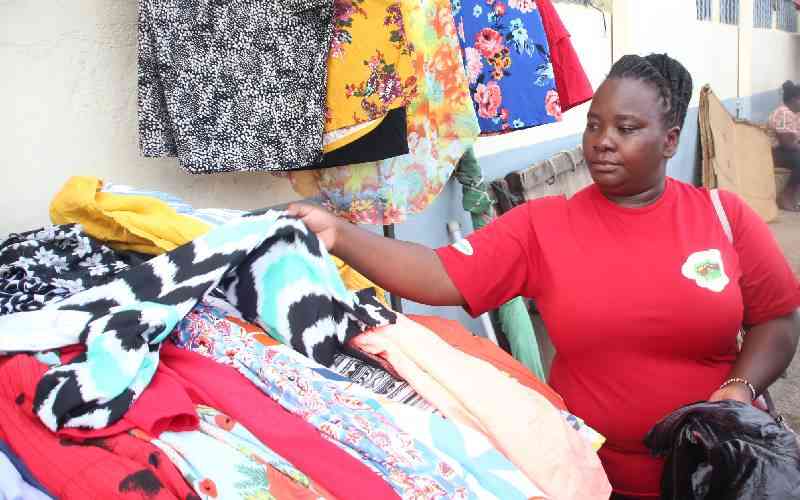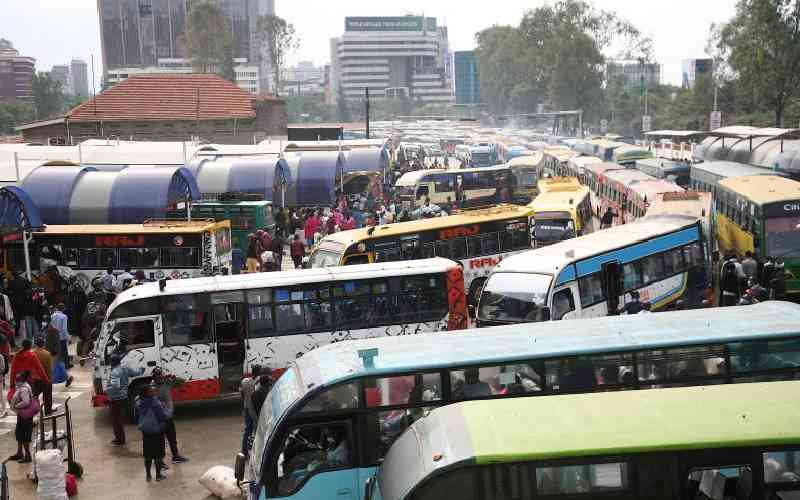×
The Standard e-Paper
Read Offline Anywhere
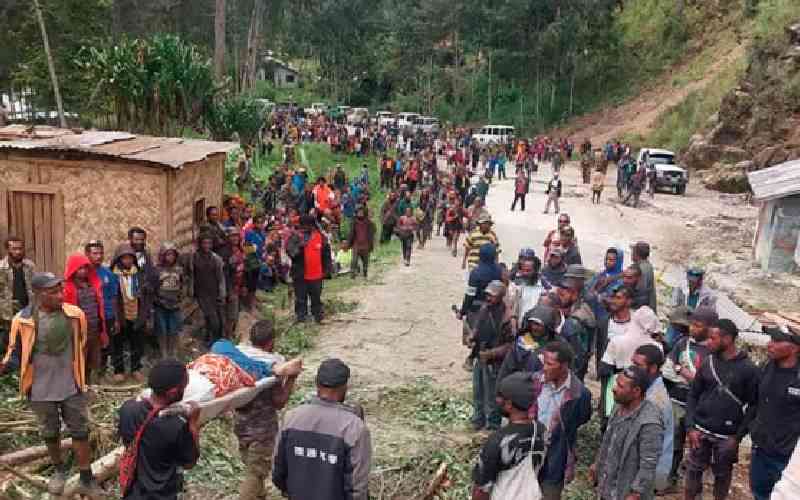
Papua New Guinea's massive landslide three days ago buried more than 2,000 people, the government said on Monday, as treacherous terrain and difficulties transporting aid lowered hopes of finding survivors.
The National Disaster Centre gave the new number in a letter to the U.N. released on Monday but dated Sunday. A separate U.N. agency put the possible death toll at more than 670 people.
